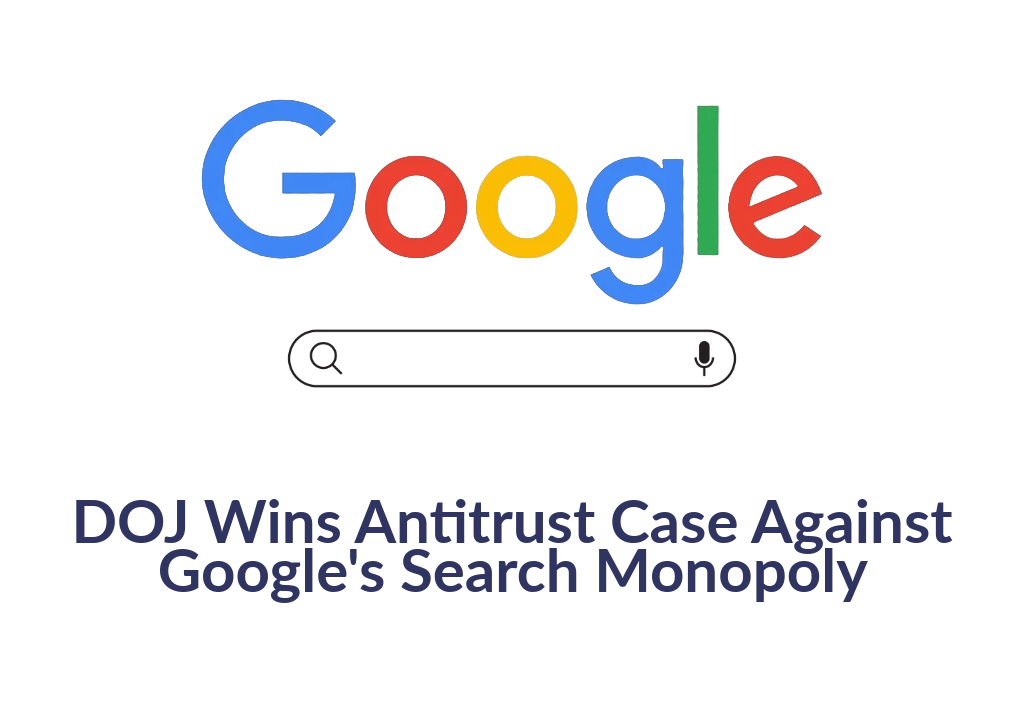In a landmark decision that could reshape the landscape of the tech industry, a U.S. district judge ruled on Monday that Google has been illegally maintaining a monopoly over the online search market. The ruling came in a lawsuit filed by the U.S. Department of Justice (DOJ) in 2020, accusing Google of engaging in anti-competitive practices to solidify its dominance.
The verdict marks a significant victory for the DOJ and antitrust advocates who have long argued that Google’s overwhelming market share stifles competition and innovation. Judge Amit Mehta, presiding over the case, found that Google’s actions, including paying billions of dollars annually to secure its search engine as the default on various devices and browsers, amounted to unlawful monopolization.
The case centered on Google’s extensive network of agreements with smartphone manufacturers, web browser developers, and other companies to ensure that its search engine remains the primary option for users. These agreements, the DOJ argued, create barriers for rival search engines to gain traction and offer consumers viable alternatives.
“Google’s anti-competitive practices have had a profound and lasting impact on competition in the online search market,” Judge Mehta stated in his ruling. “The company’s actions have deprived consumers of the benefits of choice and innovation, and they have cemented Google’s position as the gatekeeper of the internet.”
The ruling has far-reaching implications for Google and the wider tech industry. It could potentially lead to the restructuring of Google’s business practices, including limits on its ability to secure default search engine status through exclusive agreements. Additionally, the decision could embolden regulators around the world to scrutinize the practices of other tech giants facing similar allegations of anti-competitive behavior.
Google, however, has expressed its strong disagreement with the ruling and announced its intention to appeal. The company maintains that its success is due to the quality of its search engine and not anti-competitive practices. It argues that consumers choose to use Google because it offers the most relevant and useful search results.
“We respectfully disagree with the Court’s decision and believe that our actions have been lawful and pro-competitive,” a Google spokesperson said in a statement. “We are confident that we will prevail on appeal and continue to provide the best search experience for our users.”
The appeal process is expected to be lengthy and complex, potentially taking years to resolve. In the meantime, the ruling has already sparked debate and discussion about the future of online search and the role of antitrust regulation in the digital age.
The DOJ, on the other hand, hailed the decision as a crucial step towards restoring competition in the search market. “This ruling is a victory for American consumers and businesses,” said Attorney General Merrick Garland. “It sends a clear message that no company, no matter how powerful, is above the law.”
The outcome of this case could have a lasting impact on how tech companies operate and the level of scrutiny they face from regulators. It also raises questions about the balance between innovation and competition in the digital economy. As the legal battle continues, the world will be watching closely to see how the Google monopoly case unfolds and what it means for the future of the internet.



